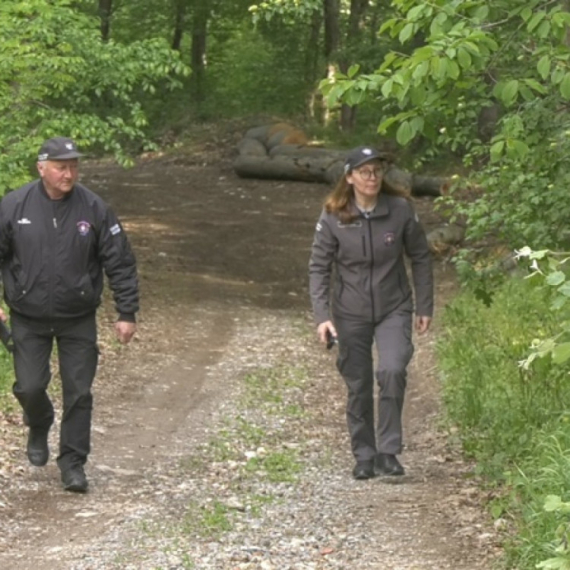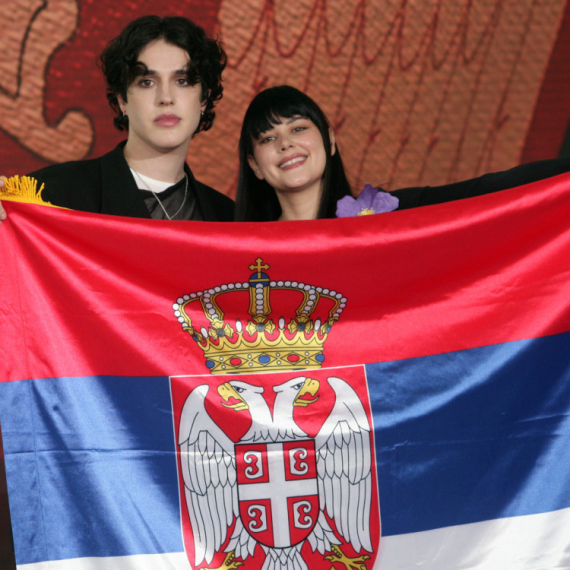Government asked to provide guarantees for Šešelj
The Hague Tribunal has asked the Serbian government to state whether it will give guarantees for a possible temporary release of Vojislav Šešelj.
Wednesday, 25.06.2014.
10:05

Government asked to provide guarantees for Šešelj
The tribunal asked the government to commit to seizing Šešelj's passport to prevent him from leaving his place of residence, to prevent him from getting in touch with witnesses or victims, and provide police escort for his visits to the doctor.The Hague judges expect to be in constant contact with Belgrade, should a decision on temporary release be made.
At the same time, the authorities in the Netherlands, the host country of the Hague Tribunal, also must declare themselves on the possible release.
After the Serbian government responds, the tribunal will announce whether the leader of the Serb Radical Party (SRS) will return to Serbia for the first time in 11 years.
Šešelj previously informed the court that if it decides to grant him temporary release, he would accepted no limitations, other than not to leave the territory of Serbia.
The Serbian Ministry of Justice said it was not officially informed by the end of office hours on Tuesday about the tribunal's request.
The ministry said that, according to the Hague Tribunal (ICTY) procedures, such requests are sent to the Serbian Foreign Ministry which forwards then to the Justice Ministry, which should then come up with a proposal ans send it to the government.
If the government adopts this proposal, "that means it guarantees for Šešelj," B92 was told at the ministry on Tuesday.
On June 13, the trial chamber issued an order asking the parties in the case, including the accused, to submit their observations on the possible provisional release of the accused proprio motu, Tanjug reported.
Šešelj informed the trial chamber that if granted provisional release, he would not accept any limitations excluding not leaving the territory of Serbia, while the prosecution has not explicitly stated being either for or against the release.
Šešelj voluntarily surrendered himself to the Hague on February 23, 2003. He pleaded not guilty to all counts in an indictment charging him with crimes against humanity and violations of the laws or customs of war in Croatia, Bosnia-Herzegovina and Vojvodina between 1991 and 1993.
He has since been held in the UN detention unit in Scheveningen, outside The Hague, and the case, which commenced on November 7, 2007, is still at trial. The prosecution completed the presentation of its evidence on January 13, 2010 and the accused, who is representing himself, did not want to make any defense arguments.
Šešelj was tried and convicted of contempt of court three times, receiving sentences of 15, 18 and 24 months in prison.

























































Komentari 25
Pogledaj komentare